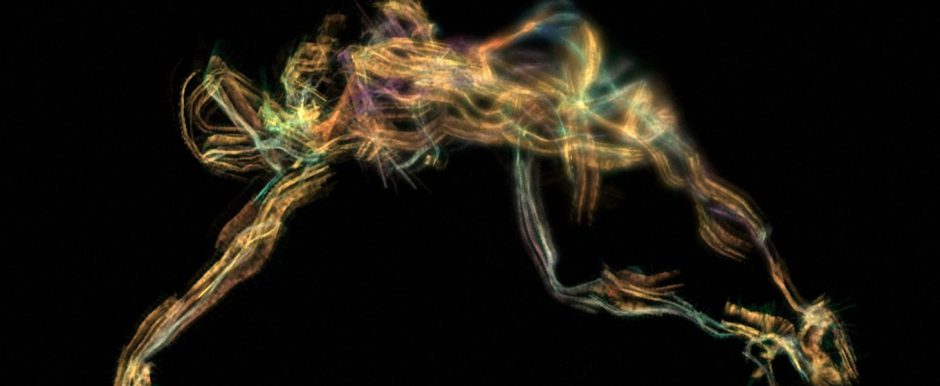Rendering (the) Visible III: Liquidity
February 8-10, 2018
The graduate program in Moving Image Studies at GSU presents “Rendering (the) Visible” III: Liquidity,” February 8-10, 2018. Conference panels, film and dance performances, and keynote lecture will explore the concept of liquidity as an innovative critical approach to the image’s relation to space, sensoriality, and digitality, as well as an aesthetic sensibility attuned to the political ontology of motion, form, matter, and noise.
Over the past several years, our research group “liquid blackness.” has been exploring some of the implications of these ideas, specifically in relation to race. “Rendering (the) Visible III: Liquidity” connects this concept more broadly with an increasing turn within the study of moving image culture toward affective relations, plasticity, resonances and flows, whereby images and sounds—no longer grounded in an analogical relation to the real—are seen variously as malleable, untethered, “viral,” or fluid.
The research group liquid blackness will host a reception and conversation with Professor Thomas F. DeFrantz about its research project “Figuring Suspension: A Study of Visual Recording Artist Storyboard P,” a study of movement, affect, synchronization, black performance theory and animation. Storyboard’s previous work includes collaborations with Arthur Jafa, Kahlil Joseph, Jay-Z, and Erykah Badu.
The conference opens Thursday evening with a screening of 3-D video work by Marc Downie and Paul Kaiser (OpenEndedGroup). Friday evening features the discussion with Dr. Thomas DeFrantz (Dance; Theatre; and African American Studies, Duke University). Saturday evening, Dr. Grant Farred (Africana Studies Research Center, Cornell University) presents the keynote lecture, followed by a closing reception.
We want to thank the sponsors that have supported the conference including Georgia State University’s School of Film, Media & Theatre, liquid blackness, Center for Collaborative and International Arts (CENCIA), College of the Arts, Atlanta Media Project, the Creative Media Industries Institute , and the Center for Hellenic Studies at Georgia State University.
